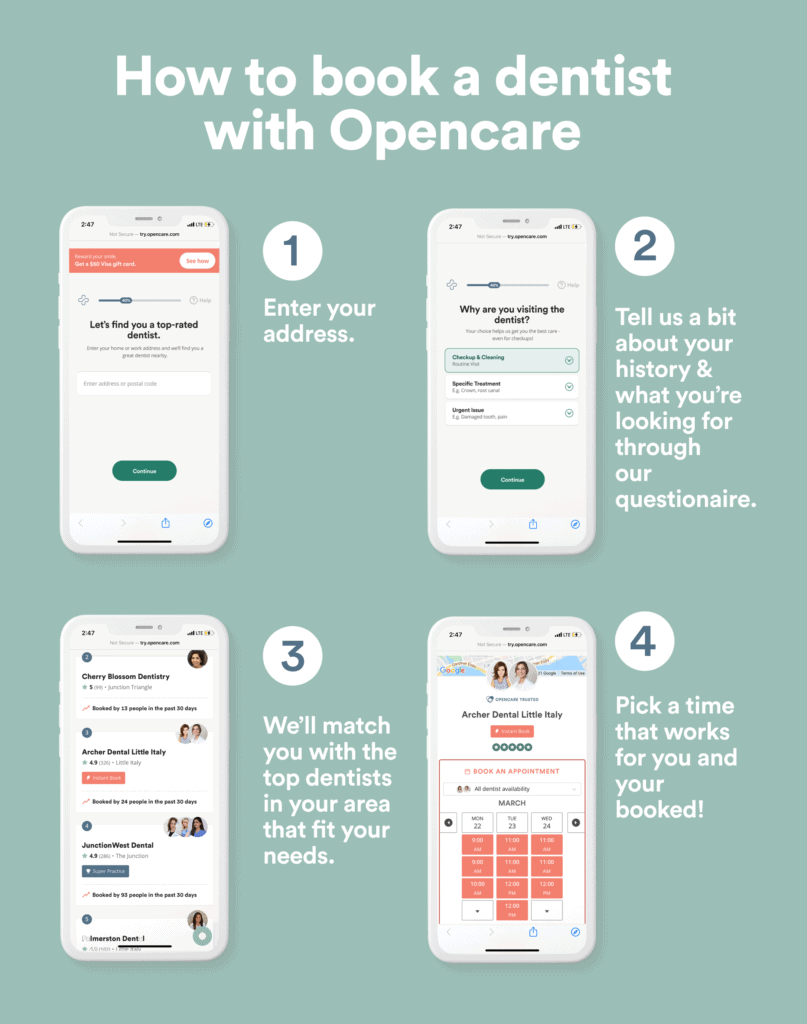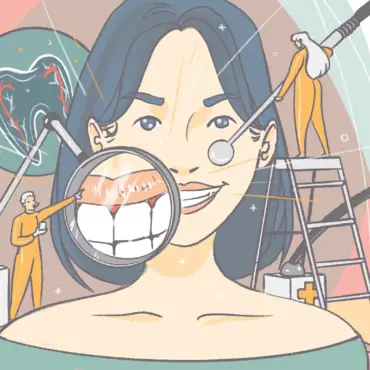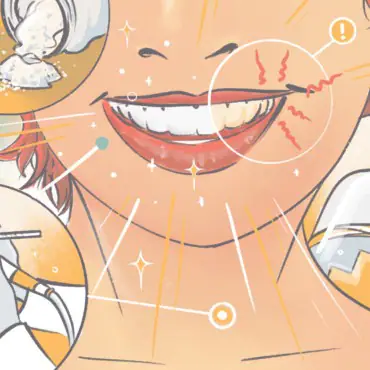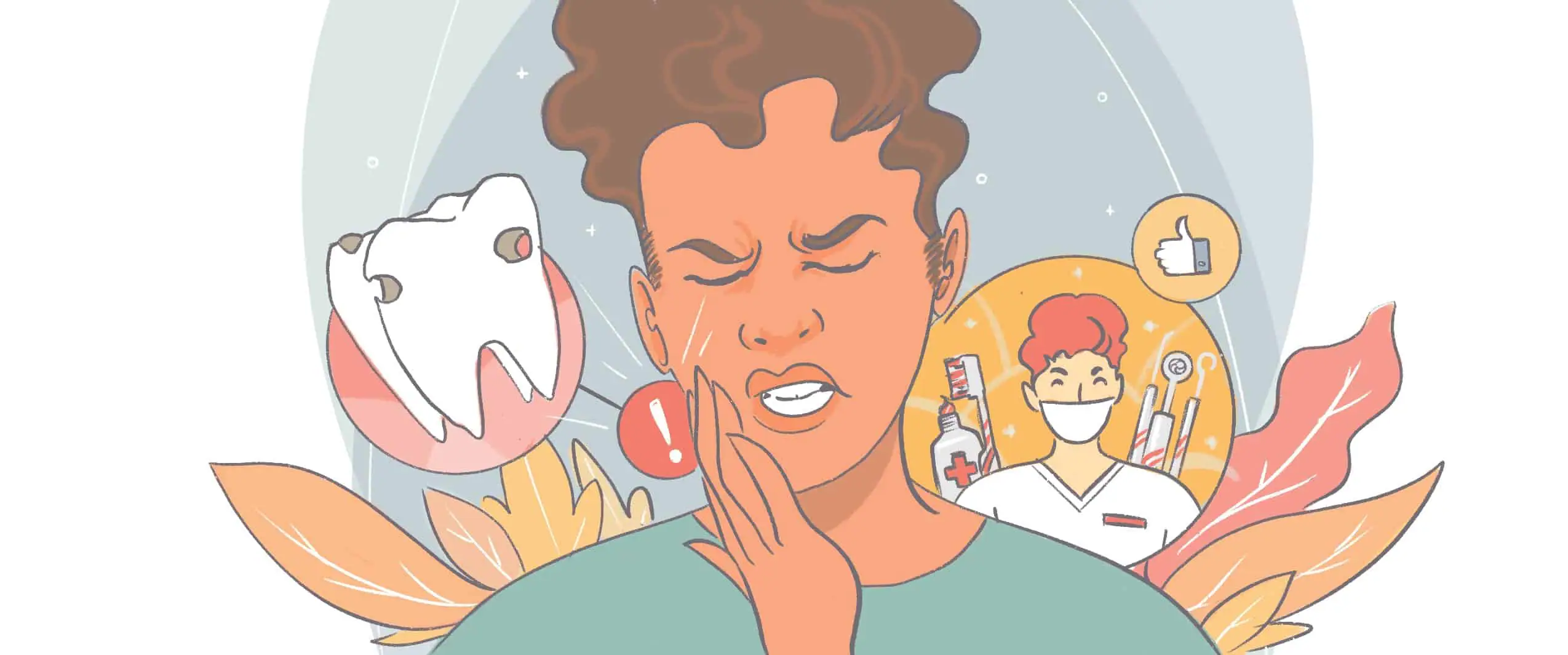Due for a checkup?
Find a top rated dentist near you that takes your insurance.
Maintaining high standards for your dental health is essential for your overall health and well-being. However, sometimes scheduling a dental appointment can feel like a hassle, especially if you’re switching to a new dentist. The keys to making a dental appointment are research and preparation. Follow these three easy steps when booking a dentist appointment.
Step One: Find a Local Dentist
If you’re happy with your current dentist, feel free to move on to step two. However, if you’re unhappy with your current dentist, just moved to a new area, or want to get a new dentist for any other reason, you’re going to need to do some research. Your search for a dentist can start by asking friends or family members for a recommendation, reading online reviews, requesting a list of in-network dentists from your insurance company, or looking at a map for dental offices near you.
Take into consideration if you’ll need a specialist. For example, if you have gum issues, you may want to see a periodontist. People with children should consider using a dental practice that has pediatric dentists. Pediatric dental offices typically have waiting rooms with toys and offices designed to make children feel comfortable.
A 2019 survey told people to pretend they were searching for a nearby dentist online. They then asked if responders would choose the one with the best online reviews, the closest one, whoever ranked highest in search results, the cheapest dentist, or the one with the best website. The top choice was to use whoever had the best online reviews, so you may want to check dentists’ reviews before choosing one.
Many people consider one of the most important factors when choosing a dentist to be price. If you have dental insurance, make sure to find an in-network dentist that accepts your insurance. Out-of-network dentists will often accept your insurance, but this can still end up being more expensive than an in-network dentist. In-network dentists have already agreed on prices with your insurance company while out-of-network dentists have not.
Between all of the in-network dentists, choose one you can visit who is located close to your home or work. You want a highly qualified dentist with positive reviews, but if the best dentist is several hours away, you’ll be less likely to visit frequently and feel more frustrated upon arriving there. Take office hours into account as well. You need a dental practice that has convenient hours. Find out how they handle emergency dental needs that occur outside of their standard business hours as well.
Some questions you may want to ask the dental office include:
How long has my dentist been practicing?
Where did my dentist do her training?
Can my bill be split into multiple payments?
Who would I contact in the event of a dental emergency?
Does my dentist offer free consultations?
Step Two: Prepare Your Information (And Any Questions)
Before booking your appointment, you’ll want to have certain information ready. If this is the first time you’re using this dentist, check to make sure they take your insurance (or dental discount plan) if you have it. They may need to collect basic information to coordinate pre-verification before your appointment, but remember your data will be protected under federal privacy regulations.
If you’re using a new dental practice, they will need the dental records from your previous location. Having the contact information of the last place you went to the dentist can help staff transfer records before your arrival. Getting your most recent dental x-rays sent over may allow you to skip having them done at your next appointment, but some practices retake x-rays anyway. You’ll likely be asked the reason for your visit, so be prepared to describe any dental issues you may be having.
Create a list with any crucial questions you want to ask. For example, if your primary language is different than what your dentist will likely speak, ask if any dentists speak your language or if any translation services are available. People who plan on driving might want to find out if the building is near any landmarks and whether or not there is ample parking. Is it a stand-alone building or on an upper floor of a complex? Inquire about any special accommodations you need to be made.
Whether or not you’ve been to this practice before, if you’re getting a procedure you’ve never had done, inquire approximately how much time it will take. For major operations, ask if you need someone to accompany you and if there are any post-operative guidelines you’ll need to follow. After an operation, you might want your fridge stocked up with soft foods and shouldn’t plan any strenuous activities. You may also want to know if you’re allowed to bring your own headphones or earbuds.
Step Three: Call or Book Your Appointment Online
If you have a lot of questions to ask, it’s better to book your dental appointment over the phone. Hearing a real voice confirm your appointment is booked can also feel reassuring. For other people, booking online is a better option.
How to Book a Dentist Appointment Over the Phone
You may have already called a dental office to confirm they cover your insurance or to ask other questions. If your questions were answered satisfactorily, you can request to book an appointment right away or call back later. Mention if you have a fear of dentists or severe dental problems that may require a specialist. It’s possible the receptionist may say they aren’t accepting new patients at this time. In the event this happens, ask for a referral for who to contact next.
Hopefully, your top dentist will be available and no referral will be necessary. When you’re ready to book your appointment, consider the time you choose to see the dentist carefully. Scheduling an appointment for early in the morning typically means you have less of a wait time. Keep in mind that some dental procedures will make it challenging to eat right after your appointment, so you may want to have a meal prior to arriving at the dentist.
Be realistic about how long your dentist appointment may take. If you only have an hour lunch break, the receptionist estimates your visit will take half an hour, and the drive is usually half an hour round trip, anything going even slightly over will cause you to return late. Choose a timeframe where you’ll feel unrushed and comfortable. If this is a new location for you, your first visit may require extra time for filling out forms.
Have a backup date and time (or a few) prepared. The dental office may be fully booked for a few days or weeks. If your top time slot is unavailable, it’s better to know another time you’ll be free rather than frantically flip through your calendar or having to call back later when you’re more organized. People with flexible schedules who want to get in sooner can usually be placed on a list to be called if another patient cancels their appointment. Many dental offices offer to call, text, or email you appointment reminders. You can also call them to confirm your appointment for a day or two in advance. Inform the dental practice if you need to cancel or reschedule your appointment. The sooner a receptionist is made aware of your situation, the faster she can get someone else to take your time slot and the easier you can reschedule. It’s also polite to call if you’re running more than a few minutes late for your appointment.
What do you say when you call to make a dentist appointment?
Here is a list of a few things you can say to make your phone booking easier:
- Tell them if you’re a new patient or a returning patient.
- Let them know the reason for your visit: are you in pain? Is it just a routine cleaning? Suspect you have a cavity?
- Any preferences you have for your visit to make you feel more comfortable: male or female dentist, days and times you’re available
- Let them know who your insurance provider is or what your benefits plan is. It’s best to choose an in-network dentist.
- Ask them if there are any specific medical records or information you need to provide before your visit.
How to Book a Dentist Appointment Online
There are several advantages to booking your dental appointment online. Some people feel anxious talking to others on the phone, booking online can be quicker, and you know right away whether your preferred time slot is available. When you make an online appointment, you will have to fill out a short form with basic information.
If this is a dental office you haven’t visited before, you can also check if there are other online forms you can fill out prior to your appointment. Additionally, you want to make sure your old dental records are sent to the new office. If you are asked for your email or phone number, it’s likely so they can send you appointment reminders over email or text message.
A receptionist may also call you to ask for additional information they need. Canceling a dental appointment online is usually even more straightforward than making the appointment. In the event you can’t make an appointment, go online to cancel as soon as possible so that another patient can use that time.
After you’ve completed your dentist appointment, you always have the option of booking your next appointment right away in person. The receptionist may or may not have an instruction sheet from your dentist. If not, tell him the type of follow up visit you need to schedule. This is also a useful time to ask any questions you have, such as payment procedures. Regular dental visits are one of the best paths to excellent oral health and the first step towards regular visits is getting used to booking your dental appointments. Scheduling your appointment becomes easier each time.
How early should you be for your dentist appointment?
The general rule of thumb is to arrive 10 minutes early to your appointment to give time for check-in forms or any additional information your dentist may need.
Should I brush my teeth before my dentist appointment?
In short, yes, it’s a good idea to brush and floss a few hours before your appointment. Use your normal brushing routine, don’t overdo it. This is optional but helps clear everything up and keeps your breath fresh for the dentist
Need help finding the right dentist?
Choosing a qualified dentist, who is a great fit for your personality, is the toughest step in making a dental appointment. If you’re still looking for your perfect dentist, sign up for Opencare today and find your match.
Due for a checkup?
Find a top rated dentist near you that takes your insurance.









